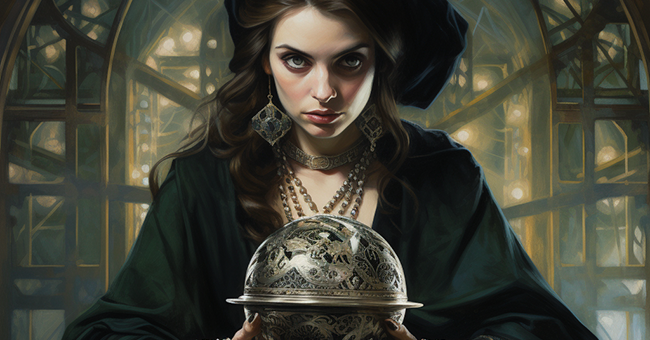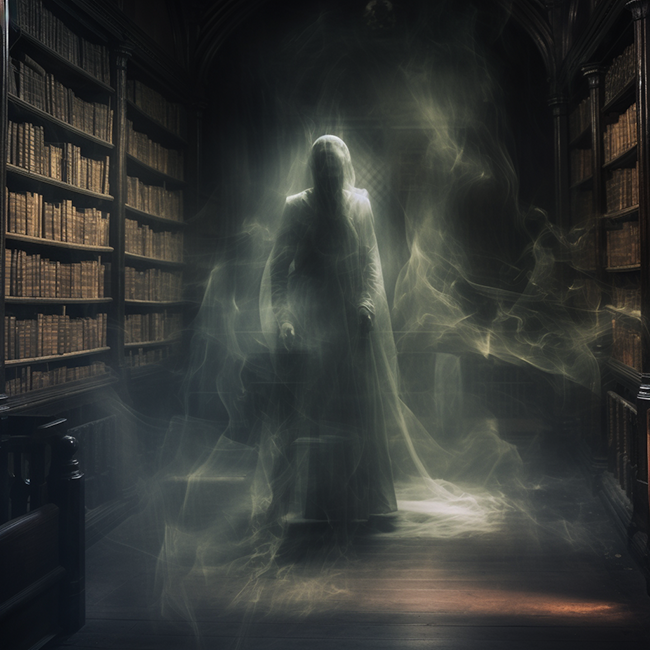
In ancient Greek mythology, it was believed that every person’s destiny was determined by three mysterious sister goddesses known as the Three Fates. Clotho, Lachesis, and Atropos were their names, and they controlled every mortal’s life thread from birth to death.
This myth endures as one of the most intriguing from Greek lore.

The first sister, Clotho, was responsible for spinning the thread of life for each person. It was believed that she determined details like when they would be born and attributes they would have.
The middle sister Lachesis measured out the length of the thread woven by Clotho, thereby deciding how long each mortal’s life would last. Lengths were wound around her staff, with no appeals possible.
Atropos chose when and how a person would die, mercilessly cutting their life thread when the predetermined time came. Her name in Greek means “inevitable” or “inescapable”, reflecting her reputation.

The Fates were depicted as stern, formidable crones, far beyond the influence of prayers or bribes. Not even powerful gods like Zeus could overrule them once they made determinations about a mortal’s life.
Originating in oral tradition, the earliest known references to the Three Fates appear in works by Hesiod and Homer. Their myth reflects the ancient Greek belief that one’s destiny was preordained and immutable.
The theme of three goddesses deciding human fate reoccurs in myths from Norse culture and Eastern religions too. But the Greek depiction has remained most vivid in popular imagination, eternally fascinating mortals who seek to grasp their purpose.

